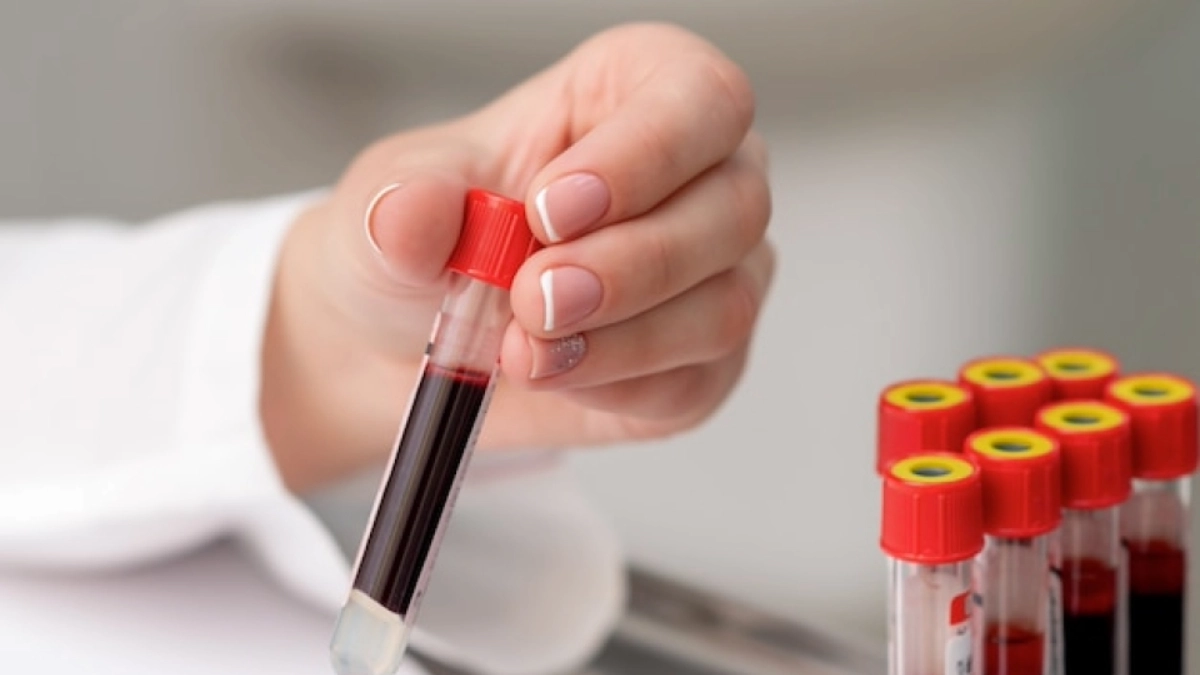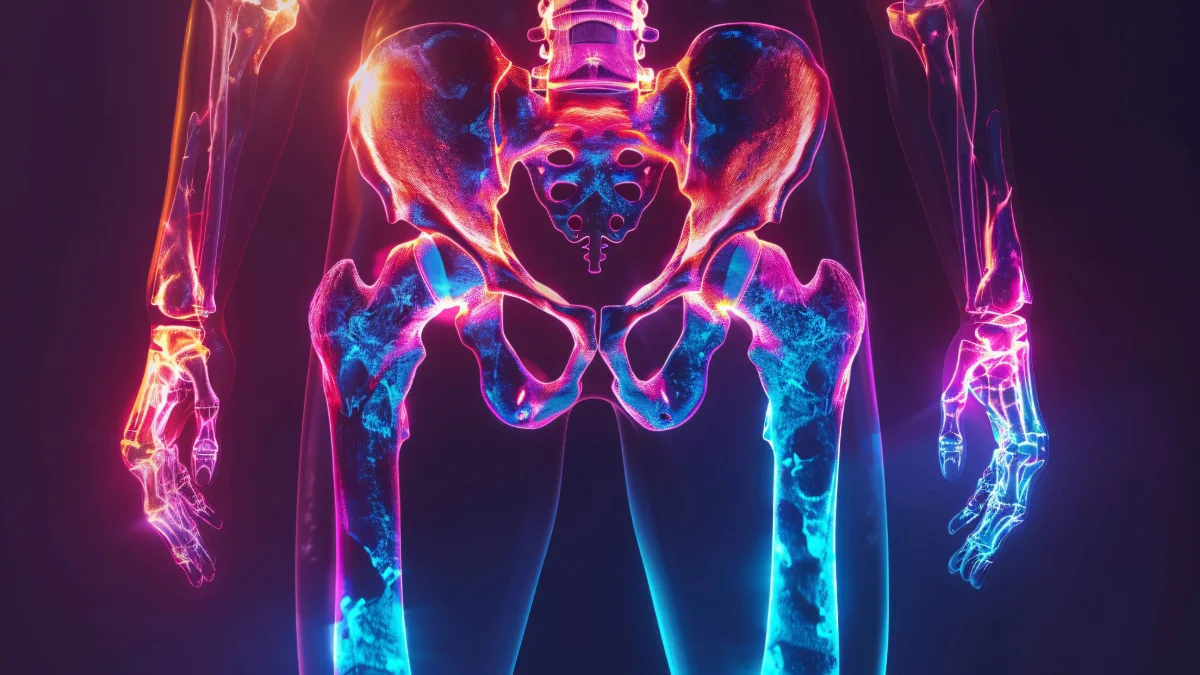Leukemia is a malignancy affecting the body’s blood-forming tissues, most notably the bone marrow and lymphatic system. It typically involves the white blood cells, which are crucial for fighting infections. The patients, the bone marrow produces excessive abnormal white blood cells, impairing their ability to function properly.
Types of Leukemia
Various types exist, differentiated by the type of white blood cell affected and the disease’s progression speed. It can be broadly classified into acute and chronic forms:
Acute Leukemia
- Acute Lymphocytic Leukemia (ALL): Predominantly affects young children but can also occur in adults.
- Acute Myelogenous Leukemia (AML): The most common type in adults, also affects children.
Chronic Leukemia
- Chronic Lymphocytic Leukemia (CLL): The most common chronic adult leukemia, with some patients remaining asymptomatic for years.
- Chronic Myelogenous Leukemia (CML): Mainly affects adults and may progress slowly before accelerating.
Other Rare Types
- Hairy cell leukemia
- Myelodysplastic syndromes
- Myeloproliferative disorders
Symptoms of Leukemia
The symptoms vary depending on the type but may include:
- Fever or chills
- Persistent fatigue, weakness
- Frequent or severe infections
- Unintentional weight loss
- Swollen lymph nodes, enlarged liver or spleen
- Easy bruising or bleeding
- Recurrent nosebleeds
- Tiny red spots on the skin (petechiae)
- Excessive sweating, especially at night
- Bone pain or tenderness
Woman Signs of Leukemia in Adults
Women may experience the general symptoms listed but should be particularly vigilant for signs like frequent infections, unusual bruising, and bleeding that could signify it.
When to See a Doctor
If you exhibit persistent symptoms that concern you, schedule an appointment with your doctor. Early symptoms can be non-specific and easily mistaken for other common illnesses like the flu.
Causes of Leukemia
The exact cause remains unidentified, although it is believed to arise from a combination of genetic mutations and environmental factors. Mutations in DNA can cause blood cells to grow and divide uncontrollably, crowding out healthy cells.
Risk Factors
- Previous cancer treatment involving chemotherapy or radiation
- Genetic disorders such as Down syndrome
- Exposure to certain chemicals like benzene
- Smoking, which increases the risk of acute myelogenous leukemia
- Family history
Despite these known risk factors, many people do not have any apparent risk factors, and vice versa.
Classification
It is classified based on its speed of progression and the type of white blood cells affected:
Progression Speed Classification
- Acute Leukemia: Rapid proliferation of immature blood cells requiring immediate treatment.
- Chronic Leukemia: Slower progression, involving more mature blood cells which may function normally for some time.
White Blood Cell Type Classification
- Lymphocytic Leukemia: Affects lymphocytes in lymphatic tissue.
- Myelogenous Leukemia: Affects myeloid cells, giving rise to red and white blood cells and platelets.
Acute Myeloid Leukemia (AML)
Acute Myeloid Leukemia is a rapidly progressing cancer of the white blood cells, necessitating prompt treatment.
Symptoms of AML
Symptoms typically develop over weeks and worsen, including:
- Pale skin
- Fatigue
- Breathlessness
- Frequent infections
- Unusual bleeding or bruising (e.g., bleeding gums, nosebleeds)
- Unintentional weight loss
Diagnosing Leukemia
If it is suspected, blood tests are conducted to evaluate the blood cells, followed by a referral to a hematologist for further diagnostic procedures.
Leukemia Treatment
The treatment varies based on the type and may involve:
- Chemotherapy: The primary treatment, aimed at eradicating leukemic cells.
- Radiation Therapy: Often used in conjunction with chemotherapy.
- Bone Marrow/Stem Cell Transplant: Replace diseased bone marrow with healthy cells.
- Targeted Therapy: Uses medication to target specific abnormalities in cancer cells.
Leukemia Survival Rate
The survival rate depends on various factors, including the type, the patient’s age, and overall health. Early detection and appropriate treatment significantly improve the prognosis.
Conclusion
Leukemia, a complex cancer of the blood-forming tissues, necessitates prompt, comprehensive treatment and early diagnosis for the best possible outcomes. Understanding the various types, symptoms, and treatment options is critical for those affected. Avicenna International Hospital offers cutting-edge treatments and support systems designed to provide the best care for leukemia treatment in Turkey. Our team of experts is dedicated to providing timely and effective treatment solutions.
While some types can be cured, the success of treatment varies. Acute forms may require aggressive treatment, whereas certain chronic ones may not show immediate signs of sickness.
Yes, It is a serious cancer affecting blood and bone marrow, often requiring prompt and aggressive treatment.
Persistent fatigue and weakness
Frequent or severe infections
Easy bruising or bleeding







